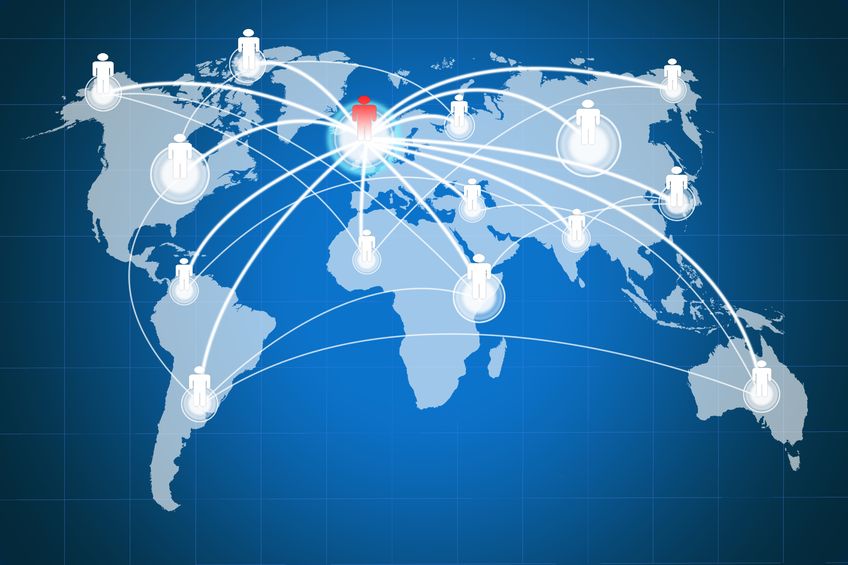Machines, Globalisation And Technology
The shift in the economy in recent decades from manufacturing to services represents the biggest change since the shift from agriculture in the last century. It may, in fact, represent an even bigger change as the effect on jobs is only starting to be felt.
The reasons for such change are many but three elements stand out as having the greatest influence: the widespread use of machines, the effects of globalisation, and the impact of technology.
The Widespread Use of Machines
The use of machines to reduce labour and manufacturing costs has had a long history and a significant impact on the economy and the nature of jobs.
The widespread use of machines means unskilled workers find it more difficult to get jobs, as other associated efficiencies are introduced and less people are needed to produce the same goods.
Before the introduction of machines businesses are more likely to provide training for low skilled workers as a way to help them get better paying jobs and retain staff; afterwards businesses spend less time and money on training people, as they focus on employing only those with the required knowledge.
The Effects of Globalisation
Globalisation helps to develop new markets and introduce new opportunities for businesses, previously constrained by high costs and limited markets, to access cheap labour.
Many businesses transfer low skilled jobs to overseas locations to save money and keep higher skilled jobs such as design and marketing at home to protect intellectual property rights.
As a result, fewer opportunities are available in traditional markets and, in practice, not everyone is able to retrain for the new jobs that are created.
The Impact of Technology
While the impact of new technology is often linked with the destruction and reduction of jobs, it also creates new jobs, new markets and new industries.
The problem is that the types of jobs created are often more dependent on high skilled employees and exclude those without the necessary training.
Machines, globalisation and technology will continue to cause major changes in the nature of work and the type of jobs available to those looking for work.
The challenge is not how to stop change but how to live with its effects.
So, the previous traditional model of a mixed skills economy that creates enough jobs for everyone is gone and the challenge lies in making the new model work.
What do you think?
Is the new model working?
Look forward to your comments.




